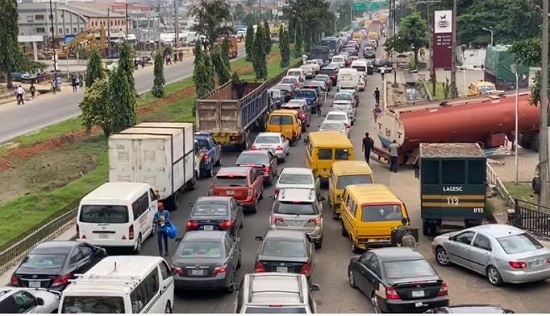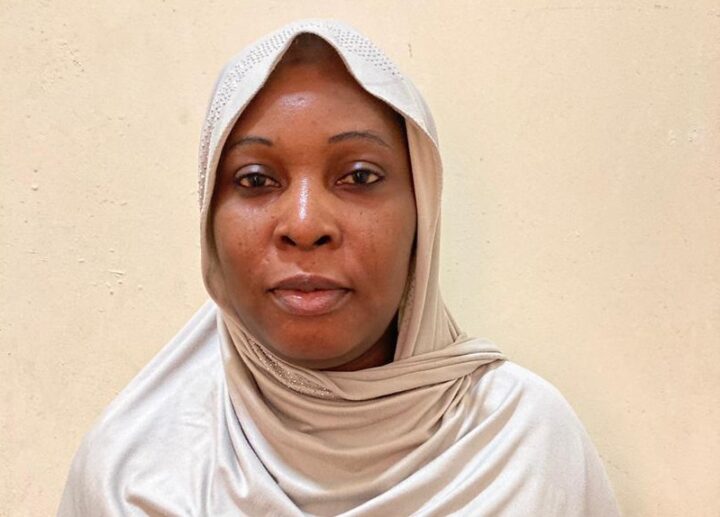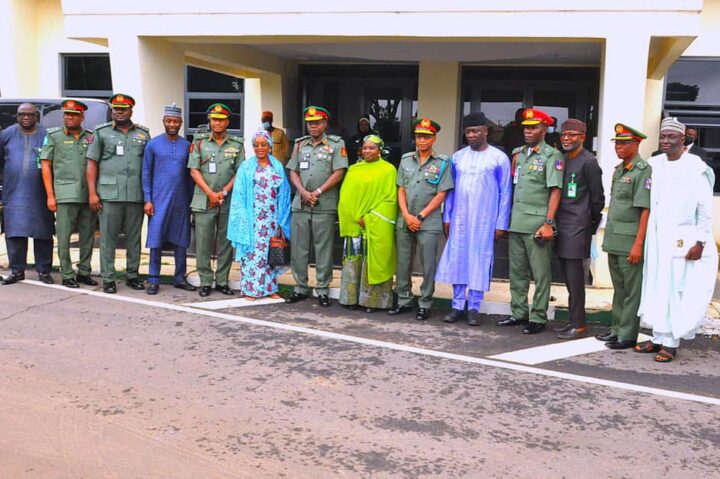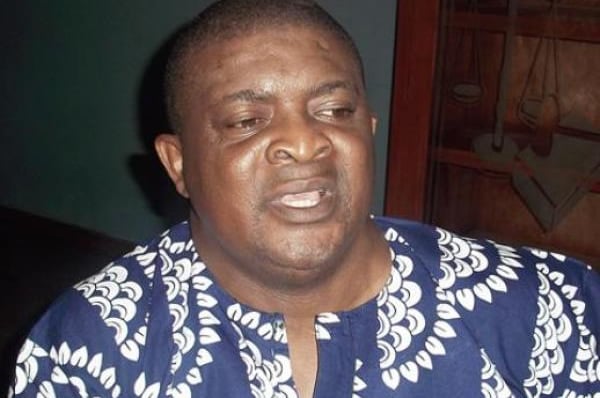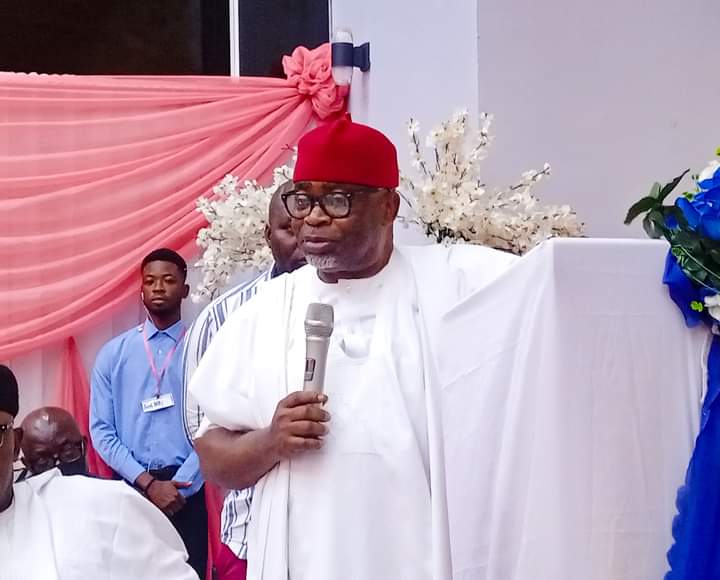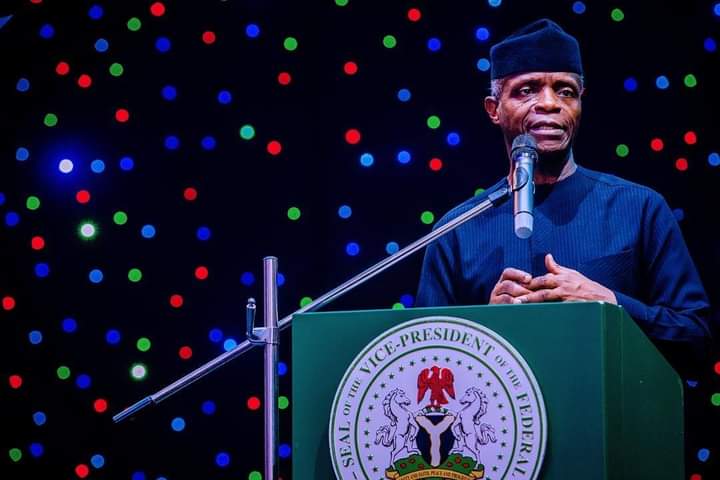On Wednesday, the federal executive council (FEC) approved a policy to regulate the collection of toll on federal roads across the country.
Babatunde Fashola, minister of works and housing, said the policy was developed after meeting the relevant stakeholders, including the transport unions.
The toll will be used to maintain the highways.
In 2014, former President Olusegun Obasanjo ordered the dismantling of tollgates across the country, citing loss of revenue to the government and poor maintenance of the tolled roads.
Advertisement
Many expressed reservations when the administration of President Muhammadu Buhari said it would reintroduce it.
Here are eight things to know about the new toll policy;
TOLLING WON’T START UNTIL ROADS ARE MOTORABLE
Advertisement
The new toll policy will only commence when the roads across the country are motorable.
Fashola said the relevant stakeholders could use the policy as a basis for their financial modeling and investment analysis, pending the eventual rollout of toll plazas.
DUAL CARRIAGEWAYS OWNED BY FG ELIGIBLE FOR TOLLING
While only dual carriageways owned by the federal government will be eligible for tolling, federal single carriageways will not be tolled, but there will be exceptions for bridges which are listed in the policy.
Advertisement
“We presented and council approved that only dual carriageways of the 35,000 kilometres should be eligible for tolling by the federal government,” Fashola said.
OPEN SYSTEM
The policy provides for an “open tolling” system. An open tolling system means that the motorist pays a flat rate that is not dependent on distance travelled.
ELECTRONIC TOLL COLLECTION
Advertisement
The use of an electronic toll collection system will be prioritised over cash collection.
“We will be going through a process of largely electronic toll collection and management system for audit and transparency. We’ll still have some cash at some tolls and hopefully phase that out as we go ahead,” the minister said.
BICYCLES, PARAMILITARY VEHICLES EXEMPTED
Advertisement
Bicycles, tricycles, motorcycles, diplomatic vehicles, military and paramilitary vehicles will be exempted from toll fares.
DISCOUNTS FOR PEOPLE LIVING AROUND TOLL PLAZAS
Advertisement
The policy provides for vehicle owners who live around toll plazas to benefit from “frequent user” discounts on the toll fares.
N150 FOR COMMERCIAL BUSES, N300 FOR SUVS
Advertisement
According to the minister, in line with the approved policy, cars will pay N200; sport utility vehicles (SUVs), N300; private buses, N300; commercial buses, N150, while luxury buses and trucks will be charged N500.
Add a comment

